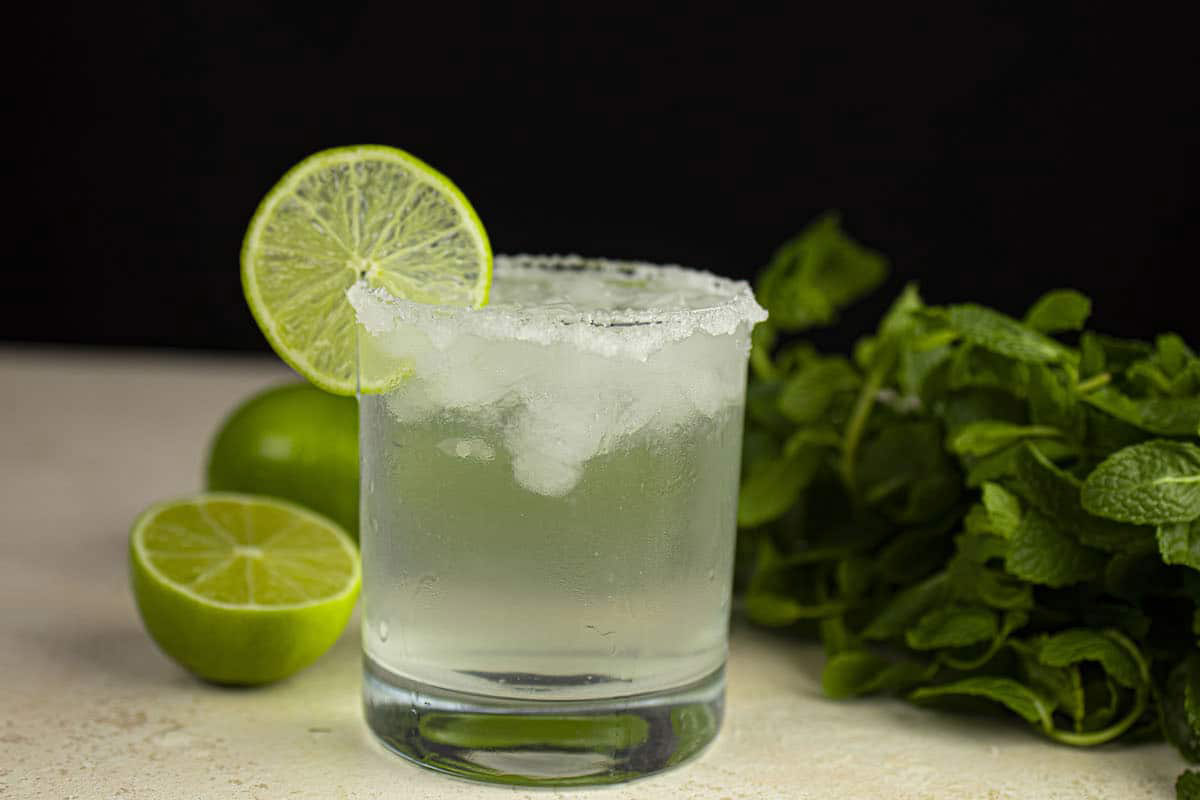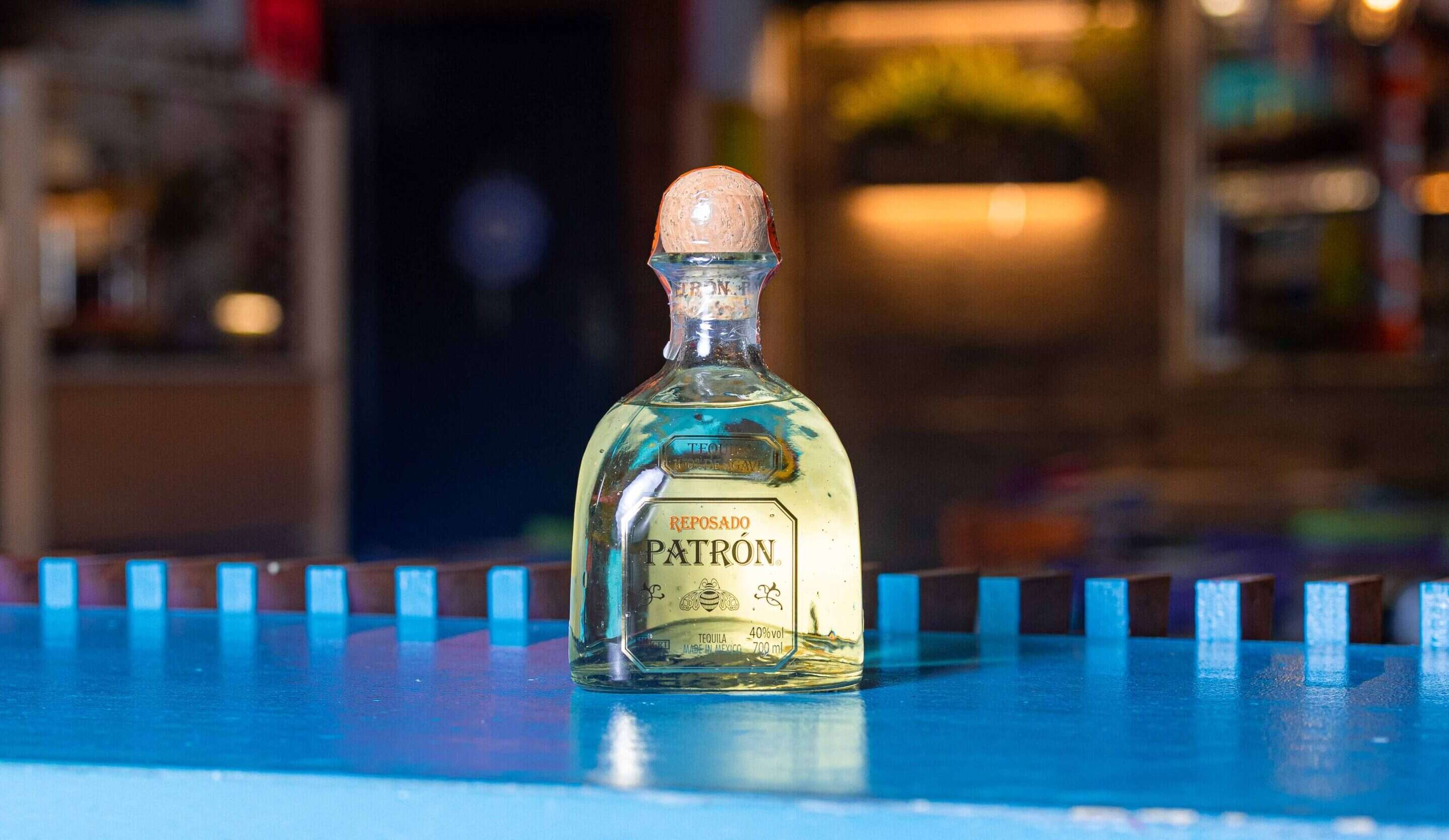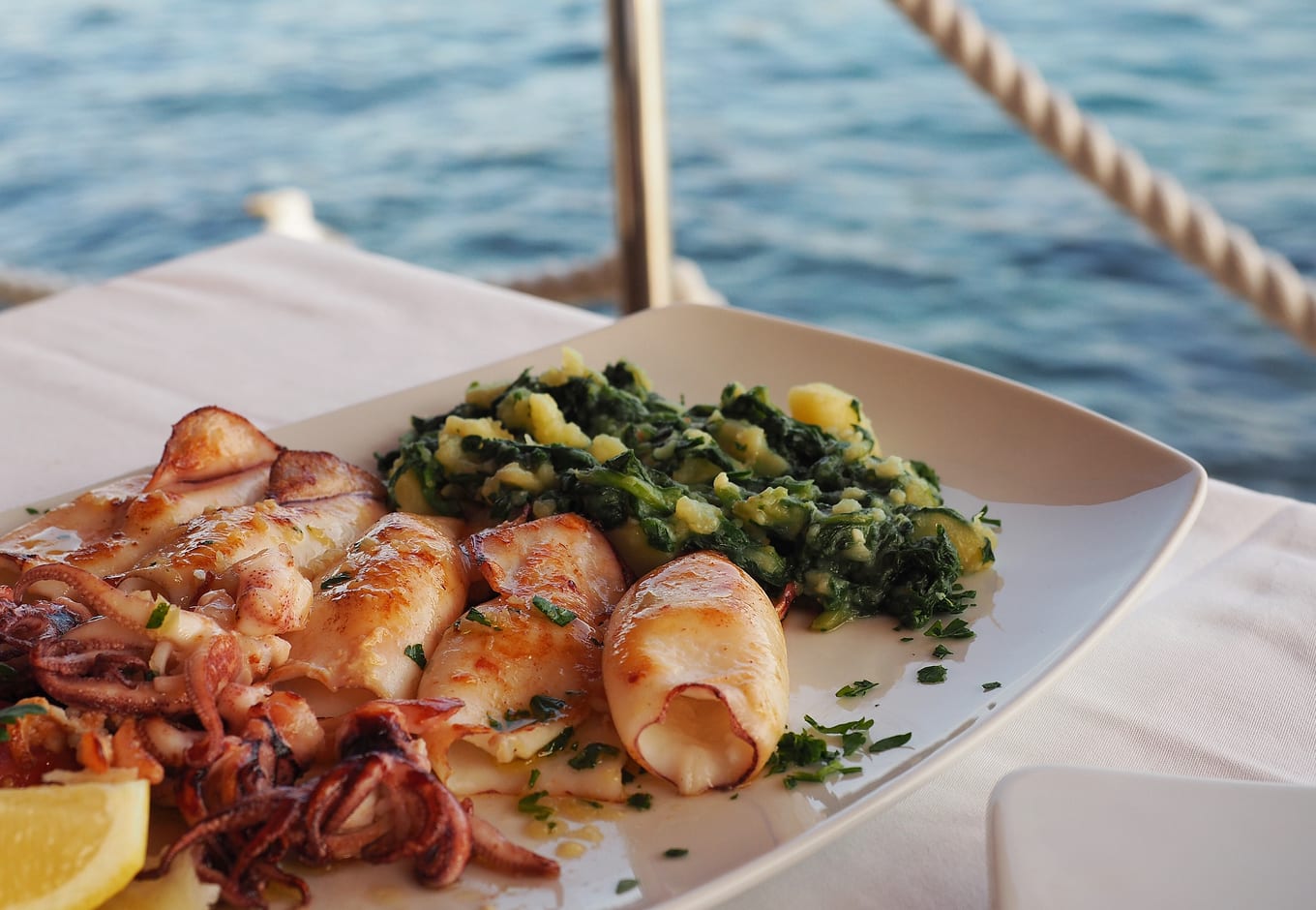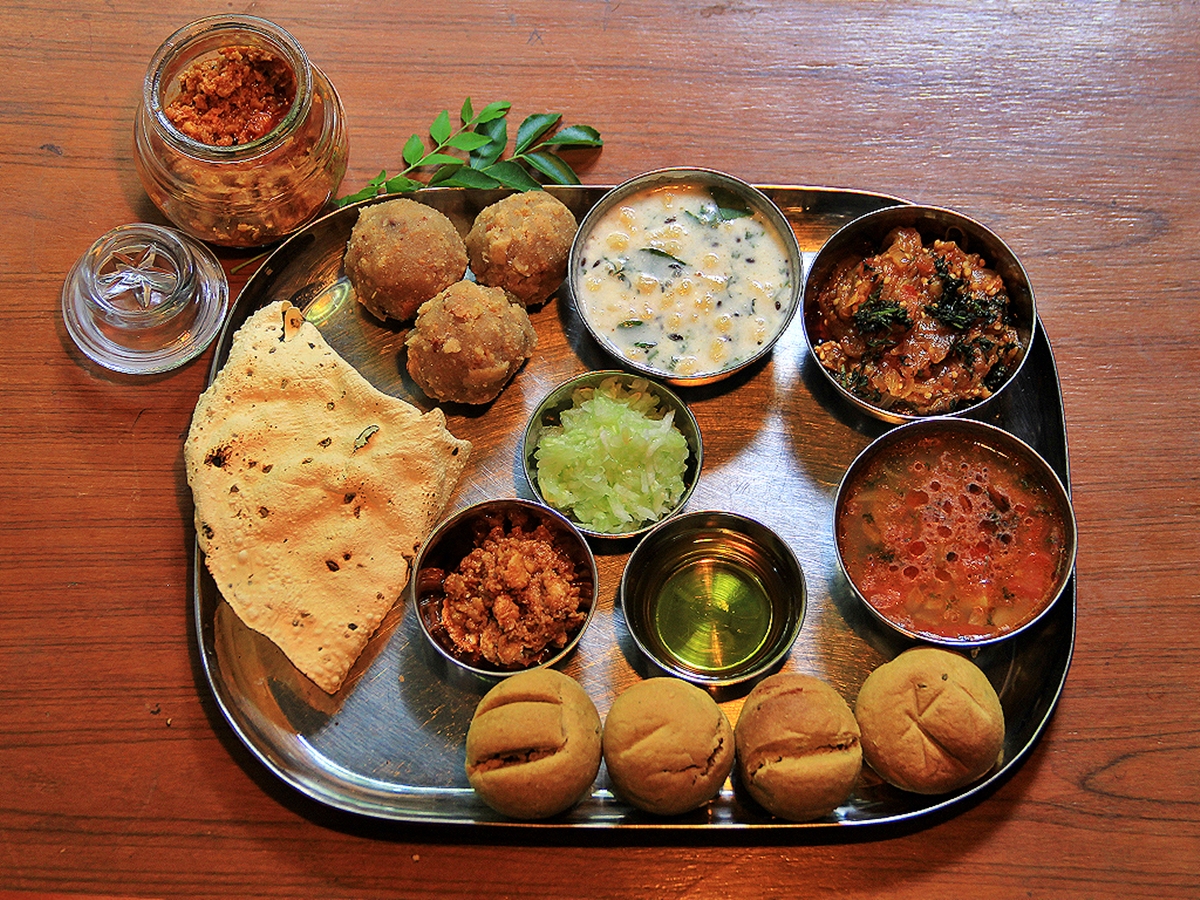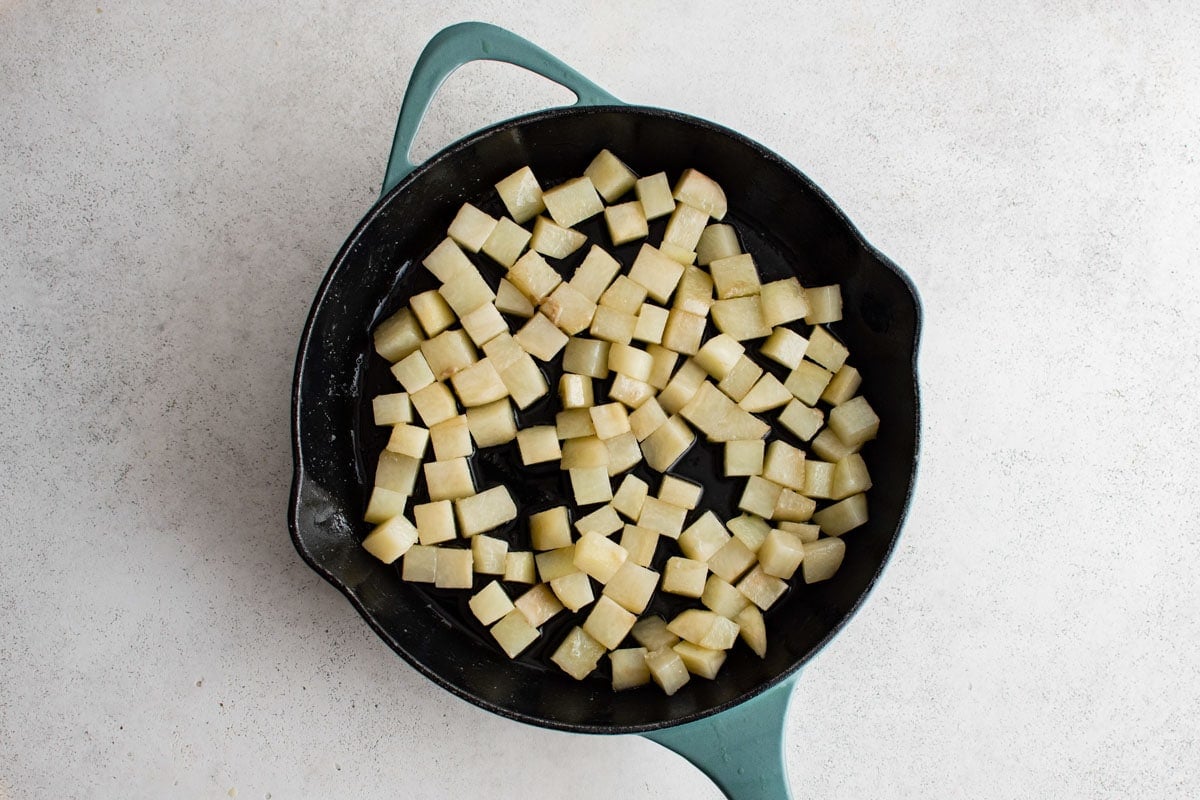All About Agave Spirits
Welcome to our blog post dedicated to all things agave spirits! If you’re a fan of Tequila, Mezcal, or any other distilled beverage made from the agave plant, you’ve come to the right place. In this article, we’ll delve into the fascinating world of agave spirits, exploring their history, production process, and different types. So grab your favorite glass and join us on this agave-filled journey!
The Agave Plant: A Brief Introduction
Before diving into the intricacies of agave spirits, let’s learn a little bit about the star ingredient itself – the agave plant. Agave is a succulent native to Mexico and Central America, known for its spiky leaves and impressive growth. With over 200 species of agave, it’s important to note that not all varieties are used in spirit production.
The most common variety used for agave spirits is the blue agave (Agave tequilana). This specific type is renowned for its high sugar content, making it perfect for distillation. The agave plant takes several years to mature, with some varieties taking up to 8-10 years before they are ready for harvest.
The Distillation Process
Now that we’re acquainted with the agave plant, let’s explore the process of distilling agave spirits. The process starts with harvesting mature agave plants and removing their leaves, revealing the core or “piña.” These piñas are then cooked to convert the starches into fermentable sugars.
After the cooking process, the piñas are crushed, and the juice is extracted. This juice is then fermented with yeast, converting the sugars into alcohol. The resulting liquid, known as the “mosto,” is then distilled to increase the alcohol content and remove impurities.
Depending on the type of agave spirit being produced, there may be additional steps involved. For example, Tequila undergoes a second distillation to further refine its flavors, while Mezcal is often produced using traditional methods, including underground pit ovens for cooking the piñas.
Types of Agave Spirits
Agave spirits come in various forms, each with its own unique characteristics and production methods. Here are some of the most popular types:
- Tequila: Perhaps the most well-known agave spirit, Tequila is produced primarily in the state of Jalisco, Mexico. It must be made from blue agave and undergo strict regulations to earn the Tequila name.
- Mezcal: Mezcal is often described as Tequila’s smoky cousin. It can be made from various agave species and is produced in specific regions of Mexico, including Oaxaca.
- Raicilla: A lesser-known agave spirit, Raicilla is produced primarily in the state of Jalisco. It is known for its unique flavors and artisanal production methods.
- Sotol: Sotol is produced from the Dasylirion plant, a relative of the agave. While not technically an agave spirit, it shares similarities in production and is popular in northern Mexico.
These are just a few examples, as the world of agave spirits is vast and ever-expanding. Each type has its own flavor profile and characteristics, making it an exciting journey for enthusiasts to explore.
Enjoying Agave Spirits Responsibly
Before we conclude our article, it’s essential to emphasize responsible consumption of agave spirits. While they can be enjoyed neat, on the rocks, or in various cocktails, moderation is key. Remember to savor the unique flavors, appreciate the craftsmanship, and always drink responsibly.
That wraps up our exploration of agave spirits. We hope you’ve enjoyed learning about the history, production, and types of these fascinating beverages. Whether you’re a Tequila aficionado or a Mezcal novice, agave spirits offer a world of flavors waiting to be discovered. Cheers!

